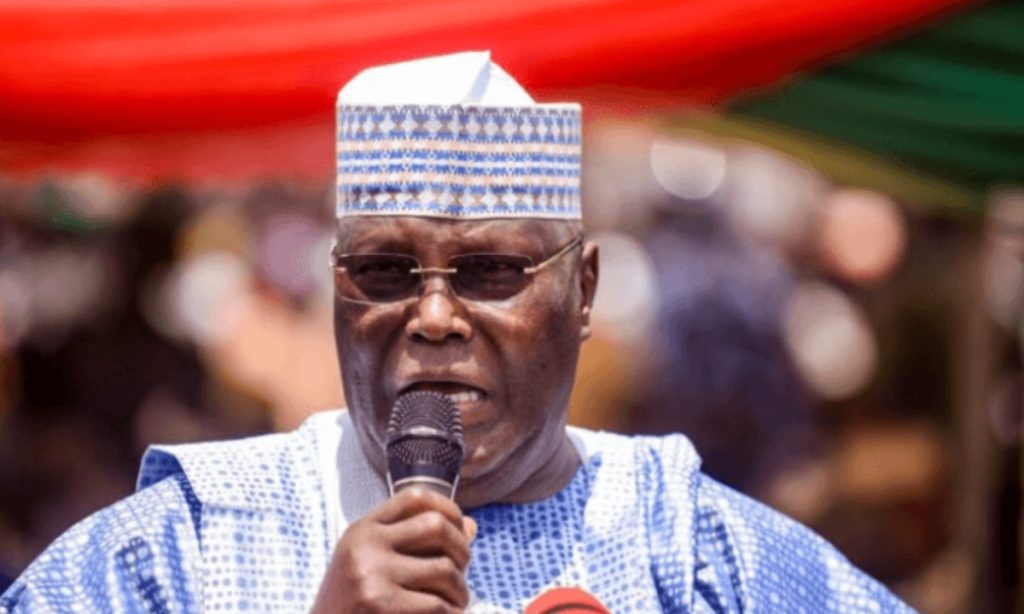In a recent development, China’s Commerce Ministry has publicly criticized the United States’ annual report on foreign trade barriers, labeling China as a ‘country of primary concern.’ This latest episode adds fuel to the ongoing trade tensions between the two economic giants, sparking worries about the future of international trade norms and practices.
The U.S. National Trade Estimate Report on Foreign Trade Barriers has caused a stir by accusing China of implementing ‘non-market’ policies and erecting barriers in agricultural products and data policies. However, these claims lack concrete evidence of violations of World Trade Organization (WTO) rules. In response, a spokesperson for China’s commerce ministry has vehemently denied these allegations, slamming the U.S. for making ‘arbitrary accusations’ and calling for adherence to WTO rules to uphold a fair and just international trade order. This back-and-forth underscores the deep-seated disagreements between the two nations regarding trade policies and practices, shining a light on China’s firm stance against what it perceives as baseless criticisms.
The report in question sheds light on significant foreign trade barriers in 59 markets, painting a complex picture of international trade challenges. It points out issues such as the lack of uniformity in the EU, disadvantageous industrial policies in China for foreign competitors, and data localization policies in both China and Russia. The 2023 edition of the report takes a more focused approach, emphasizing critical exercises of sovereign policy authority and major barriers impacting trade, particularly in U.S. agricultural exports and the automotive sector. This shift reflects broader concerns within the business community about the repercussions of such barriers on global trade dynamics.
The ongoing dispute over the U.S. report on foreign trade barriers, with China at its core, underscores the larger issues of transparency, fairness, and adherence to international trade norms. As tensions escalate, the global community is closely monitoring the situation, recognizing that the outcomes of these disagreements could reshape the global trade landscape and potentially affect economies worldwide. China’s call for the U.S. to halt its ‘false accusations’ and abide by WTO rules underscores the importance of dialogue and cooperation in addressing and resolving trade disputes amicably.
As the world watches these developments unfold, the future of international trade hangs in the balance, with the hope that constructive dialogue and mutual understanding will pave the way for a more harmonious trade environment.



